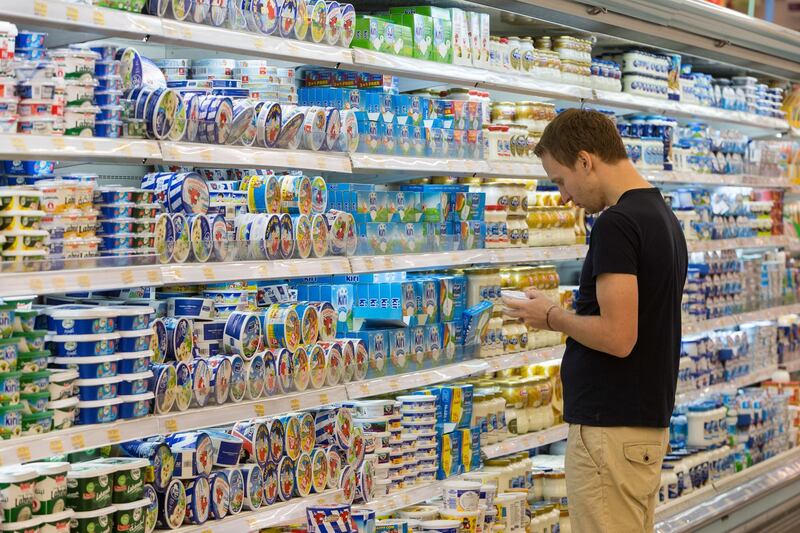The government of the UAE is considering introducing new taxes in addition to the 5 per cent value-added tax (VAT) due to come into effect next month, but has no plans to introduce income tax, the Ministry of Finance said on Monday.
“The UAE is exploring other tax options according to best international practices,” the finance ministry said in a statement.
“These options are still under analysis and study and it is unlikely they will be introduced in the near future. The UAE is not currently looking at introducing income tax.”
Saudi Arabia and the UAE will introduce VAT on January 1, the first countries in the Arabian Gulf to do so. The UAE introduced in October excise tax on tobacco and energy drinks at a rate of 100 per cent and fizzy drinks at a rate of 50 per cent, following in the footsteps of Saudi Arabia which implemented the levy in June.
The UAE and the other five Arabian Gulf states are introducing taxes to help cope with the low oil price environment and shore up dwindling government revenue from oil.
__________
Read more:
GCC-wide VAT implementation likely to be delayed, IMF official says
Small businesses to feel the strain of VAT
UAE residents cut back ahead of VAT introduction
__________
All six Gulf states have committed to introducing the five per cent VAT at a GCC-wide level. Qatar, Oman, Bahrain and Kuwait have yet to declare when they will implement the tax.
A five per cent VAT rate is expected to raise one to 2 per cent of GDP in the GCC, according to IMF estimates.
Average tax revenues of oil exporters in the Mena region are quite low, representing about 7 per cent of GDP, which is half the level of 14 per cent of GDP in oil importers in the region, Abdelhak Senhadji, deputy director of the fiscal affairs department at the IMF, said in October.
The IMF has also advised Gulf states to move on other tax fronts, such as the introduction of real estate taxes to help boost government revenue.
Real estate taxes could raise 1 to 2 percentage points of GDP, considering that the average revenue from property tax in OECD countries is 1.75 per cent of GDP, according to Mr Senhadji.
Saudi Arabia in July introduced a 100 riyal (Dh98) monthly fee for each expat dependent.






